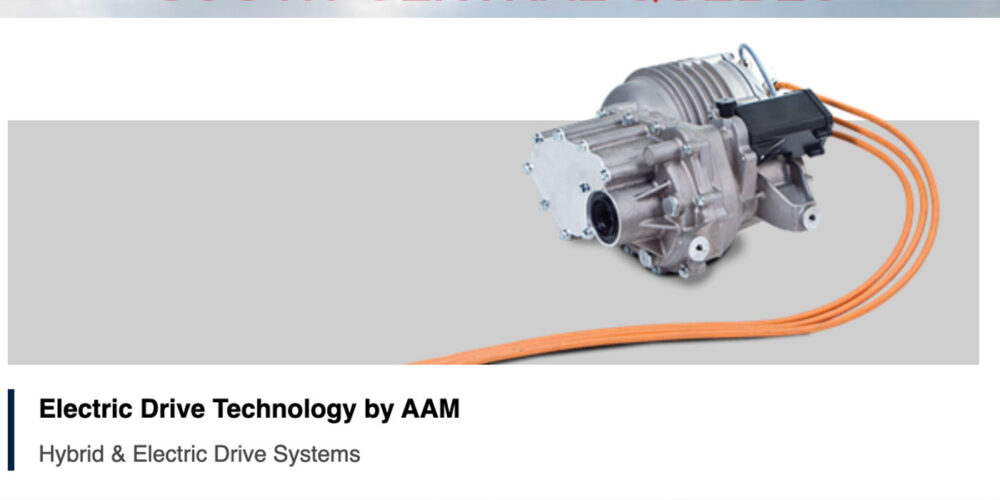From Xinhua Economic News
SHENYANG, China — Despite growing demand, Chinese automakers should be careful to promote the automotive industry and develop a related culture and not simply clone American or European automotive consumer cultural models, said an expert.
Liu Gang, a doctor of scientific and technological philosophy at Northeast China University based in Shenyang, capital of Liaoning Province, said the automotive consumer cultural concepts now prevailing in the U.S. and Europe are characterized by stimulated consumption or forced waste at the automobile buyers’ expense.
In the 1920s, General Motors adopted a strategy for market exploration that diverged from that practiced by the Ford Motor Co.: keep improving cars, outdating their products in a planned way, enticing customers to buy newer and more expensive automobiles.
The U. S. has been in an era of unduly high consumption ever since, and European automotive producers have followed suit, Liu said.
He believes that being thrifty and basing expenditure upon income — long-cherished traditions of China — should be applied to car purchases as well.
Professor Yuan Deyu at the university worries that Chinese automotive makers seem to be advocating and embracing the American and European model.
“It is impossible, and also not pragmatic to clone the American or European models or concepts in developing automotive industry and relevant culture in China, with a territory of 9.6 million sq km and a population of 1.3 billion,” said Yuan. “It is certainly not good for a country like China which is not well prepared for the auto era,” Yuan added.
Rapid development of the automotive industry will worsen the energy crisis in China, where energy resources are limited and a disregard of the actual conditions will eventually spark a range of social problems, Yuan warned.
The damage caused by traffic accidents has been alarming, he said, as has ubiquitous traffic congestion and pollution from exhaust emissions.
According to Liu and Yuan, China should learn advanced production, high efficiency and scientific management from American and European automotive makers.
They have suggested that China should follow other countries’ examples in vigorously developing public transportation in big cities to meet urbanites’ demand for daily travels.
Data released by the National Statistic Bureau of China show there are now 10 million private automobile owners in the country.
In the years to come, more and more Chinese families will have their own automobiles. Experts predict that the country’s demand for automobiles in 2005, 2010, and 2020 will be 5.9 million, 10 million and 17 million, respectively.
Copyright 2004 Xinhua News Agency. All Rights Reserved.
_______________________________________
Click here to view the rest of today’s headlines.













